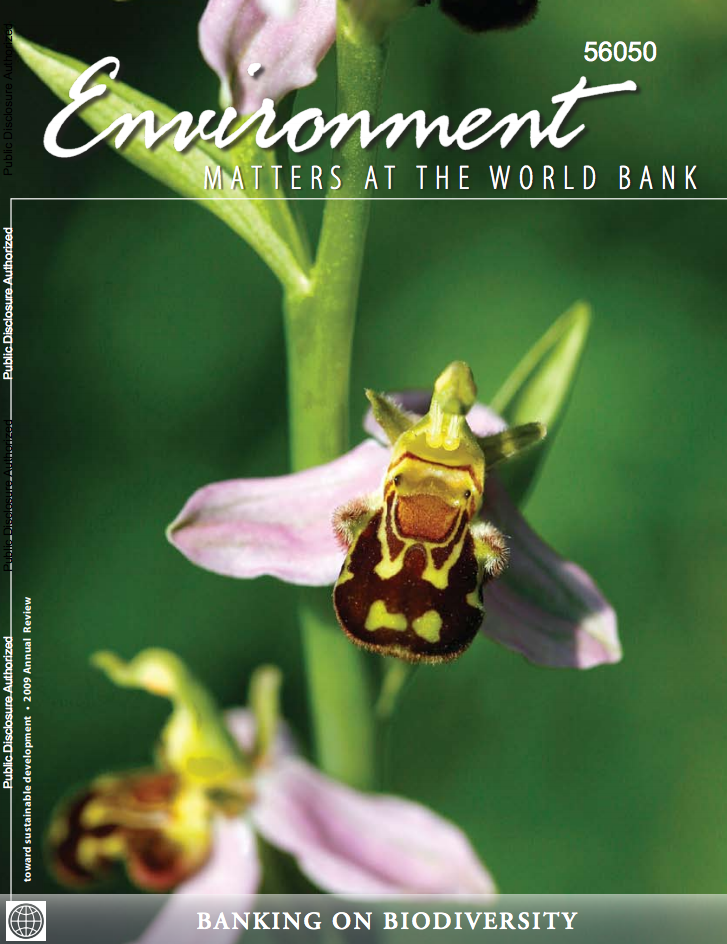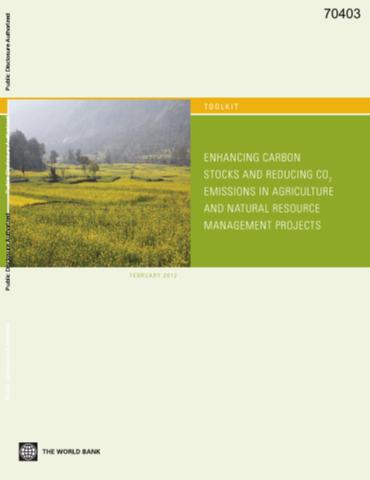Indigenous Peoples and Climate
Change in Latin America and the Caribbean
Indigenous peoples across Latin America
and the Caribbean (LAC) already perceive and experience
negative effects of climate change and variability. Although
the overall economic impact of climate change on gross
domestic product (GDP) is significant, what is particularly
problematic is that it falls disproportionately on the poor
including indigenous peoples, who constitute about 6.5
percent of the population in the region and are among its



